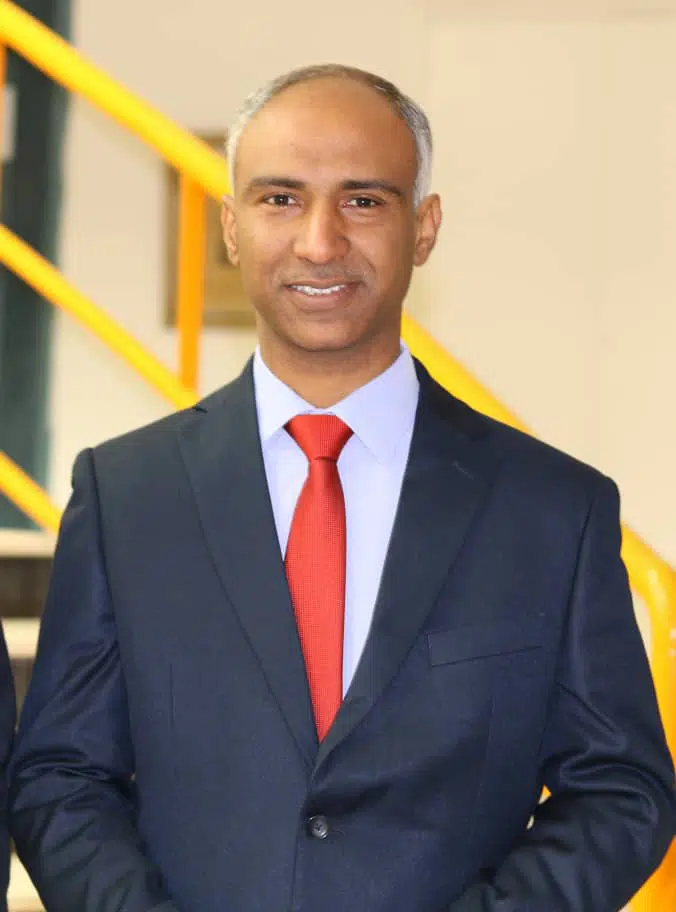The researcher Abdullah Salem Bakhrisa; a scholarship student at Hadhramout University, reached several results, the most important of which is that Yemeni journalists have knowledge of the fact-checking and fake news concepts however, they do not have adequate knowledge of the tools and platforms for verification and investigation of these facts. In addition, the social media platforms were a strong reason for the spread of fake news in Yemen.
Furthermore, the lack of verification of information by journalists results in a repetition of error in addition to the absence of the investigation departments in the Yemeni journalism and the failure of carrying out its mission contribute to the dissemination of fake news.He obtained a master’s degree “with excellence ” from the Institute of Journalism and News Sciences in Tunis, under the supervision of the Institute’s professor of higher education, Dr. Sadiq Al-Hamami.
This research is the first of its kind at the level of Yemen in general, concerned with investigation in the Yemeni journalism, as it was divided into (6) main chapters, and each chapter included (3) to (4) sections. The first chapters of the research dealt with theoretical and methodological aspects, the study community, the sample and the mechanism of selection. The study was applied to (120) male and female journalists from different Yemeni governorates based on the selection mechanism, while the fifth and sixth chapters included the practical and analytical aspect of the study.
The researcher used the electronic form as a main instrument for research, which was divided into (4) main themes (the first focused on the gender, demographic and academic characteristics of journalists, the second focused on the knowledge level of journalists in Yemen on investigating facts and false news, and the third on verification as a part of daily journalistic work , while the fourth was about the investigation and verification departments of false news and politicians’ statements in Yemeni journalistic foundations), through which he collected data and the analysis. He formulated the “gatekeeper” theory as a main theory, as it is the most appropriate theory for the study.
Moreover, the researcher stated that his research comes within the framework of addressing modern topics and connecting them to the Yemeni journalistic environment, especially since it pays attention towards the scientific research which contributes in developing the media and journalistic foundations. He also indicated that the research will be published as a book in the coming days.
He expressed his thanks to the cultural advisor at our country’s embassy in Tunisia, Dr. Anees Thabet Othman, for attending the examination along with colleagues, and all journalists in all governorates who provided assistance and support during data collection .


